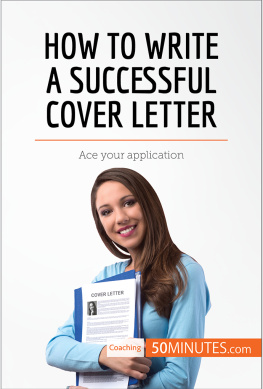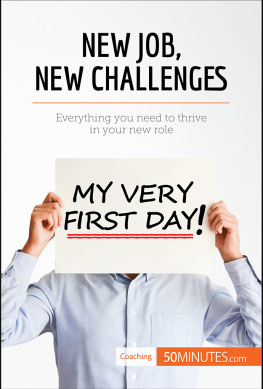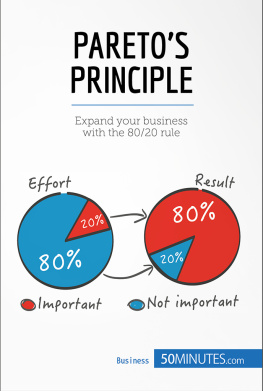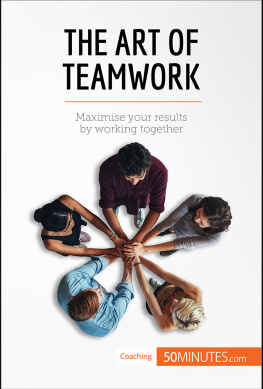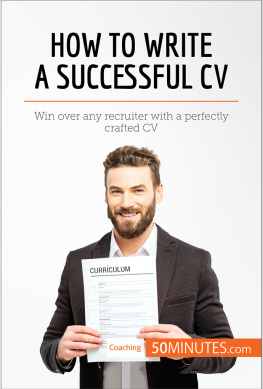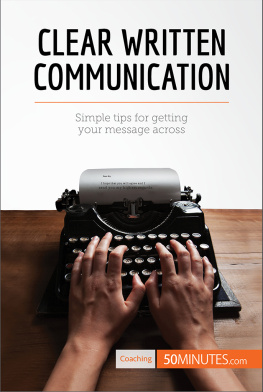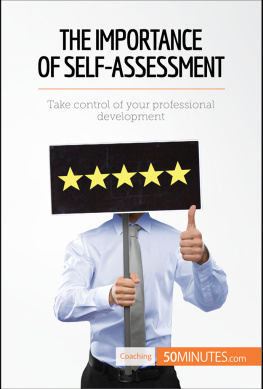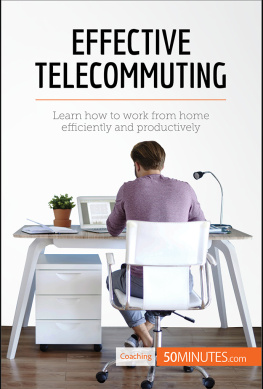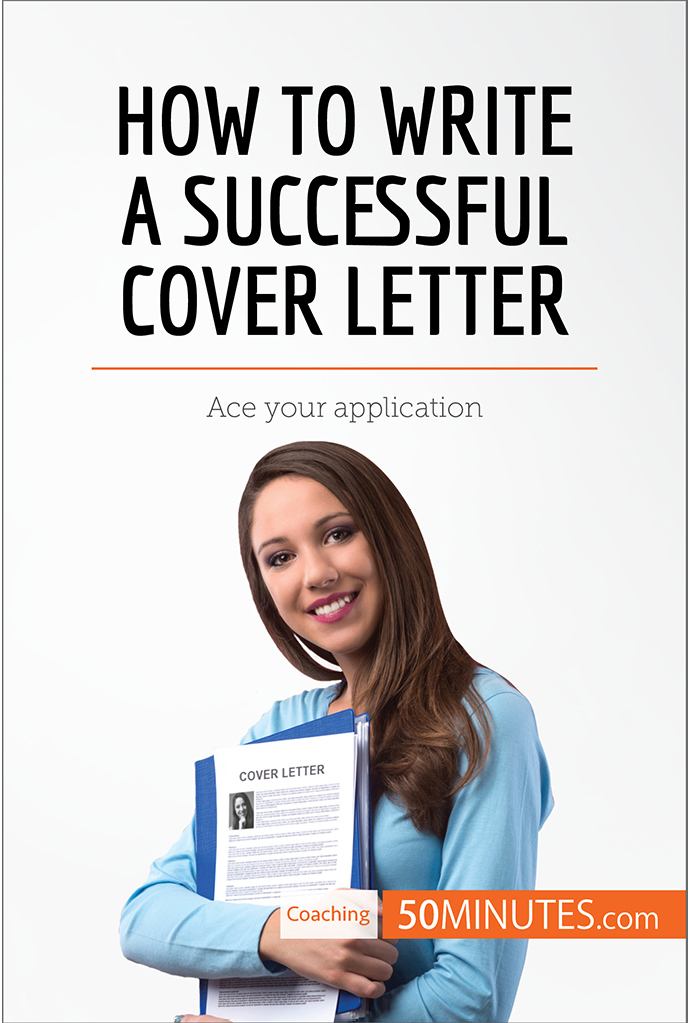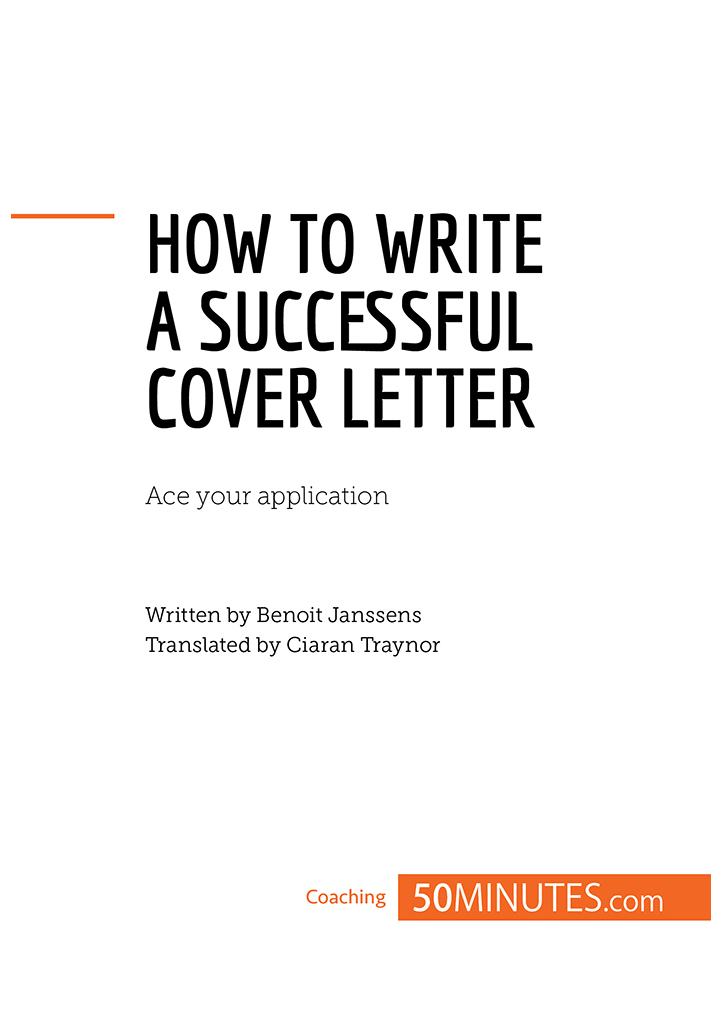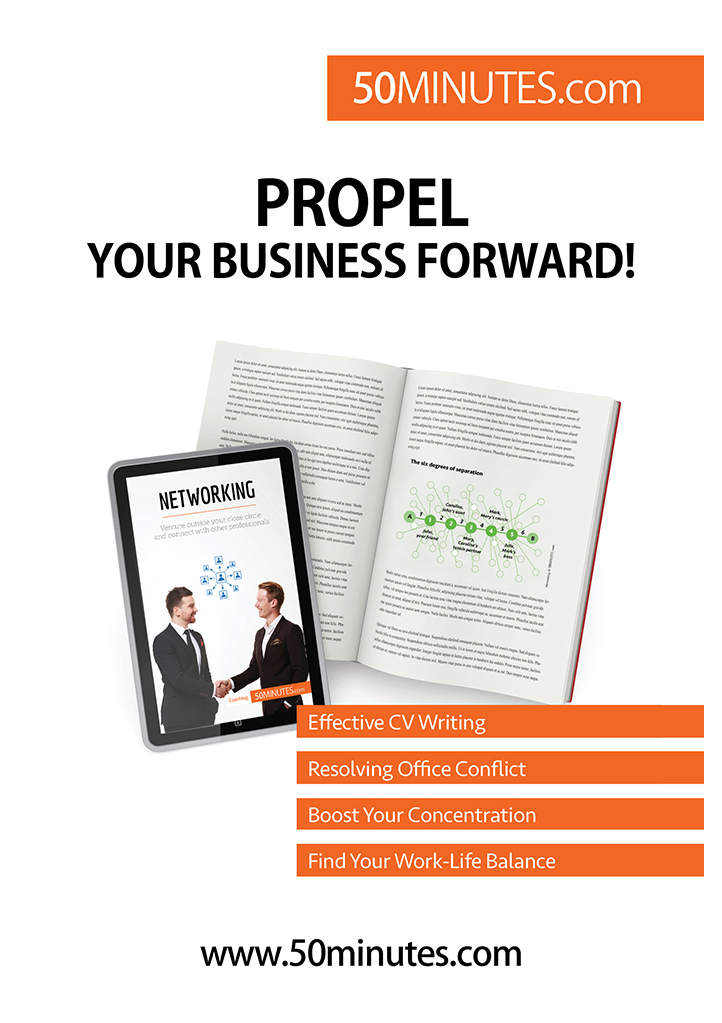How to write a successful cover letter
- Problem : how can you write a cover letter that will get you an interview?
- Uses : a cover letter complements and enhances your CV. It allows the candidate to emphasise some of their strengths more than others to fit the job they are applying for, and it also gives the employer an overall view of the candidates profile, personality, experiences, skills and motivation.
- Professional context : job or internship searching, career change.
- FAQs :
- What makes an emailed cover letter different one sent by post?
- Is it a good idea to handwrite your cover letter?
- Should you always send a cover letter with your CV?
- What arguments should you make when you have little or no professional experience?
- Can you add a touch of humour to your cover letter?
- How can you appear enthusiastic without coming across as arrogant?
- Can you use the same cover letter for every job?
- Should you mention the distance between the workplace and home?
Have you just graduated, lost your job or decided that you want to change careers? Well, unless you plan on setting up your own business, you are going to have to apply for a job or an internship. You now have to think about writing a cover letter, which is almost always expected for job applications.
In fact, no matter your professional situation and the job you want to apply for, a cover letter is crucial. It is usually the second document read by the recruiter, after your CV. Your chances of being hired therefore depend greatly on the quality and coherence of this letter.
However, do not forget that, even if your cover letter is beautifully written and perfectly matches the job description, this is not a guarantee of success. No matter how many strengths and how much motivation you manage to convey with your cover letter, the employer might simply prefer another candidates CV. Not only that, there are other important stages which you still have to get through, particularly the interview(s). That being said, in order to have the opportunity to get to this point, you have no choice but to spend some time on this first, decisive step: your cover letter.
This can be quite the challenge if you have never written one before. Even worse, you may think you know how to write a good cover letter, but you keep getting turned down. If this sounds like you, it may be time to rethink your approach in order to write the best letter possible.
But where to begin? What are the most important elements to include to make your application more convincing? Never fear, this practical little guide will give you all the help you need to find the job of your dreams!
A convincing cover letter: the basics
A necessary stage
For the candidate
In a nutshell, a cover letter shows why you want the job. It is different from your CV, which is more a summary of your professional career and your skills. Therefore, do not simply repeat what you have already said in your CV in slightly different words: on no account should the two documents be identical. That does not mean that you cannot mention the same sort of things, however. Although putting across your skills and experience is the domain of your CV, your cover letter can allow you to concisely develop the main points and justify why you want the job. It allow you to link some of your qualities and skills with certain memorable experiences from your career. However, be careful not to turn your cover letter into an autobiography!
I am suitable for this job
Before applying for a job, it goes without saying that you have to be sure that you have the right qualifications. Motivation alone is not enough. You will only have a chance of interesting the employer if you demonstrate that you both qualify for the job (through your CV) and are motivated to get it (through your cover letter). It is therefore essential to read the job advert carefully before you begin writing your cover letter.
However, you do not need to satisfy all the criteria in the job application. Recruiters advertise for their ideal candidate. Some of the things they are looking for are obligatory, and will be clearly stated as such (for example, a category B driving licence or a certain level of education). However, your motivation can compensate for one or two skills that you do not yet have. So try not to throw in the towel too soon: it would be a shame to let an opportunity pass you by because you lack one little element that the employer wants, even though apart from that you may be ideal for the job.
For the recruiter
Most employers receive dozens, even hundreds of job applications for every position. Interviewing all the candidates would be a waste of time and money. The CV and the cover letter therefore allow them to narrow down their choice.
In most cases, the CV is the first document that the recruiter is interested in. If it makes them think that your profile corresponds more or less to what they are looking for, they will move on to your cover letter. Since it is the second thing they read, your cover letter should therefore not be overlooked. It is a plus which can make you stand out from the other candidates. You may have a good CV, but a poorly written cover letter can spell the end of your application.
However, the recruitment procedure does not always happen like this. Your cover letter may be the first thing the recruiter reads. In this case, it becomes even more important. If it does not impress the recruiter, there is a good chance that they will not even take the time to look at your CV.
Preparation
Analyse the job advert in detail
As we have already seen, the first step is to assure yourself that you have understood and assimilated the essentials of the job you are applying for. Take some time to analyse the advertisement in detail. This should already give you an idea of what to focus on when you write your cover letter. Try to match each of the employers requirements to a skill or experience.
Next, try to work out which of your qualities will be the most useful for the job. Employers generally provide a job description as well a list of necessary qualifications and required qualities. As a simple example, if it is indicated that the employee will have to interact with colleagues on a daily basis, it would be a good idea to mention that you enjoy teamwork, even if this characteristic is not explicitly asked for.
Contact the company
Job adverts are sometimes not very detailed and can be a bit unclear regarding the position and what it actually involves. In this case, do not hesitate to contact the person in charge of recruitment by email or phone for more information. However, try not to do this if you do not have any specific questions to ask.
Once you are sure that your application is coherent and suits the profile the employer is looking for, you can move on to the next step.
Find out as much as you can about the employer and the industry
In order to understand who you are dealing with, find out everything you can about the employer. There are several ways of doing this.

